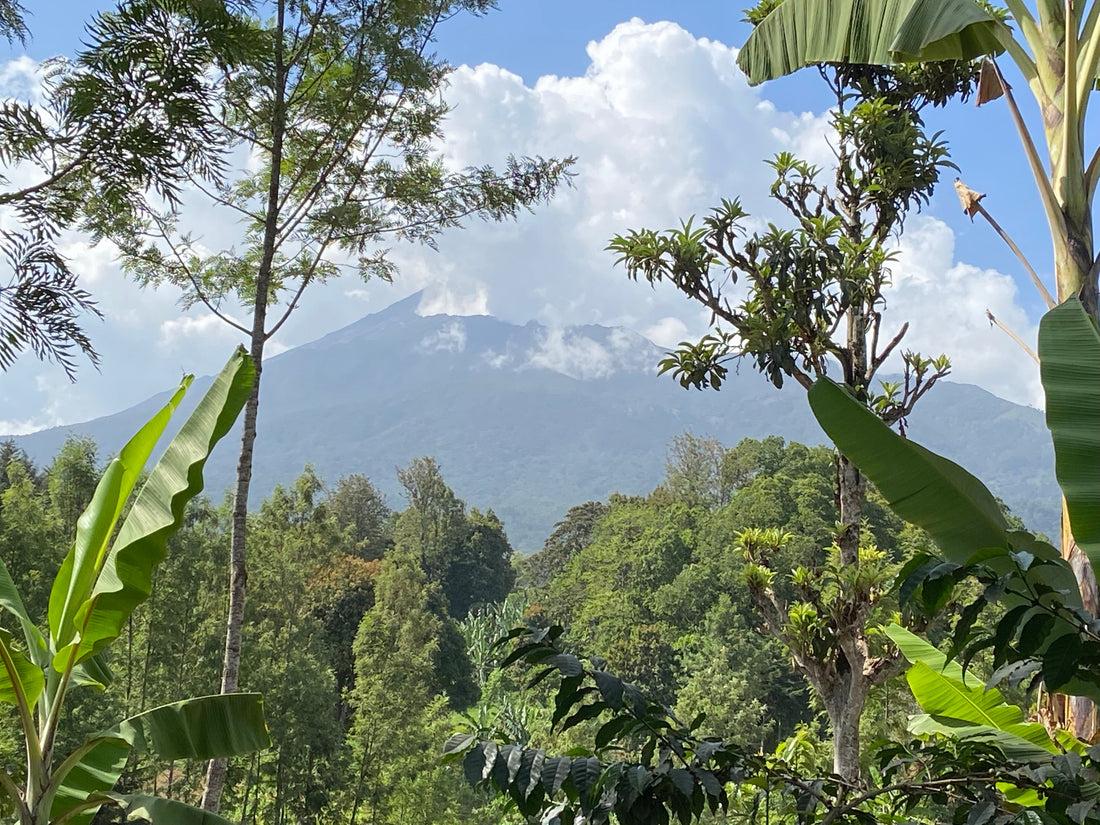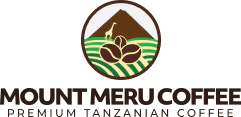Tanzanian Coffee Growers Join the Climate Change Fight

Beneath the umbrella of the European Union Deforestation Regulation signed into law in 2023 and set to be enforced in 2025, the Tanzania Coffee Board has implemented some new practices for the coffee farmers. Under the EUDR, any coffee produced on land deforested after December 31, 2020 (the “cut-off date”), may not be imported into the European Union. Once fully operational, Tanzanian coffee exporting companies to the EU will need to provide verifiable evidence that the coffee they are exporting is deforestation-free. While this does not currently impact the coffee shipped to the Mt. Meru Coffee Project, our farmers will be registering their farms and following the guidelines to ensure they remain compliant with the regulation that is targeted at bringing down greenhouse gas emissions and biodiversity loss.


Through the efforts of the Tanzania Coffee Research Institute (TaCRI), there have been several new varieties of coffee plants developed which not only improve the hardiness of the plants, but significantly increase the amount of coffee they produce. These plants are replacing the older plants on the farms enabling the farmers to enjoy the larger harvest without increasing the footprint of their farms. In addition, the mulching, pruning and fertilizing practices the farmers learn from TaCRI make them more efficient and less susceptible to the changing climate which has impacted their harvests in the past.
You can enjoy your cup of Mt. Meru coffee knowing that the Mt. Meru farmers who are being impacted by the changing climate are being proactive and making adjustments to their farming practices without adding to the issue globally.
